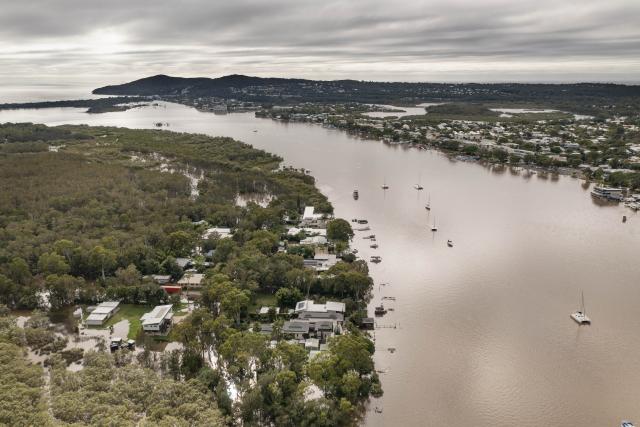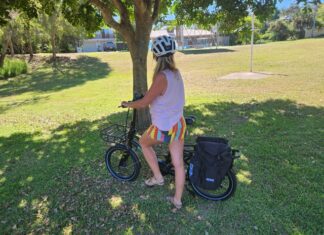Noosa Council has joined forces with Sunshine Coast Council to develop a Regional Climate Action Roadmap in its combined response to climate change and in a new report has outlined council’s next steps to addressing climate risks.
Councillors last month approved the roadmap and ongoing climate risk management which has been divided into three themes identified in the roadmap as building climate-ready councils, empowering climate-ready communities and advocating for a climate-ready region.
“This work is important as council services are critical to residents, businesses, visitors and everyone who enjoys Noosa. The way we respond to the growing threat of climate change underpins the liveability, social cohesion and economic prosperity of our region and presents an opportunity to improve all of these through sustainable, low-carbon and climate-resilient development and activities. This work aligns closely with Council’s Climate Response Plan,” staff told councillors.
The Climate Action Roadmap defines climate risk as the potential for adverse consequences resulting from the impacts of climate change on lives, livelihoods, health and wellbeing, ecosystems and species, economic, social and cultural assets, services (including ecosystem services), and infrastructure.
For the past year the two councils have worked to complete the Regional Climate Action Roadmap (RCAR) project which was funded through a $210,000 grant from Local Government Association of Queensland.
The Queensland Climate Resilient Council pilot project was one of only two across the state, setting council up as a leader in this space.
The Roadmap includes a number of focus areas under each of its three themes which will drive the next steps to build a climate-ready region.
The Building climate-ready councils theme recognises that building the resilience of council services to climate hazards is a core responsibility. Empowering climate-ready communities theme recognises that preparing for a changing climate is everyone’s responsibility, but everyone needs the motivations, resources, and skills to enable them to prepare so council’s role is to lead and support the community to meet their shared responsibilities in building a climate-ready region.
The theme of advocating for a climate-ready region recognises that some major climate risk decisions lie outside council’s control so council needs to advocate for changes to State and Federal government legislation and policies that exacerbate local climate risks, and for improved funding for our regional climate change response.
Staff told councillors throughout the project it became clear that climate change was likely to present a multitude of risks to council including an increased demand on council services, increased costs of service provision, supply chain disruptions, workforce disruptions, health impacts from service failures and cascading impacts.
The project raised awareness of climate risk at organisational level, raised recognition of critical infrastructure failure and cascading elements and improved understanding of the need to develop capacity, capability, policies and processes to enable action to manage risks.
Council has identified its next steps to include an assessment of cascading risks to council services from critical public infrastructure failure, investigating regional heat risks, engaging further with Indigenous and youth groups and the Regional Youth Climate Leadership Group and seeking further funding to complete a draft Climate Risk Management Framework and Guidelines.
The Roadmap was composed following internal and external engagement activities involving surveys, workshops and roundtable discussions.
The activities included a community survey which elicited 1347 responses (234 responses from Noosa, 1113 responses from Sunshine Coast) and 270 responses from youth and an internal survey to all council employees which elicited 383 responses (88 responses from NC staff, 295 responses from SCC staff).









